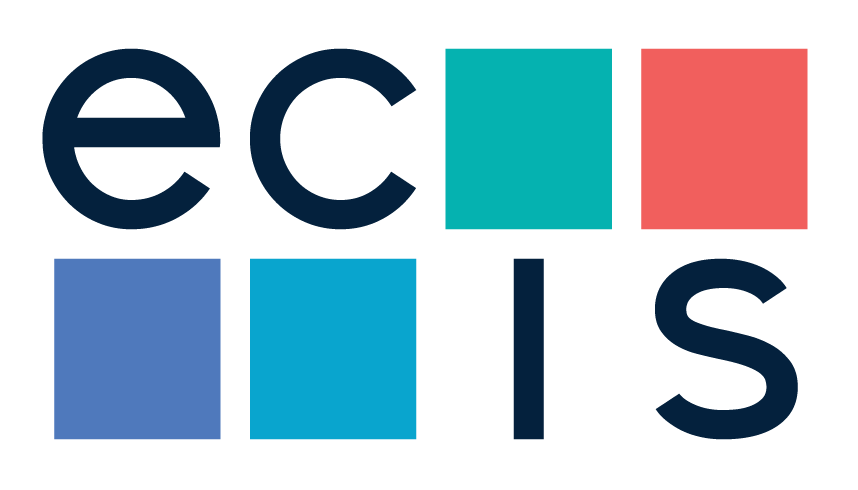Developing Critical Global Perspectives
Write your awesome label here.
Course overview
- What is at the heart of developing critical global perspectives?
- Why is it important?
- What is the difference between global competences, international-mindedness, intercultural understanding, global citizenship?
